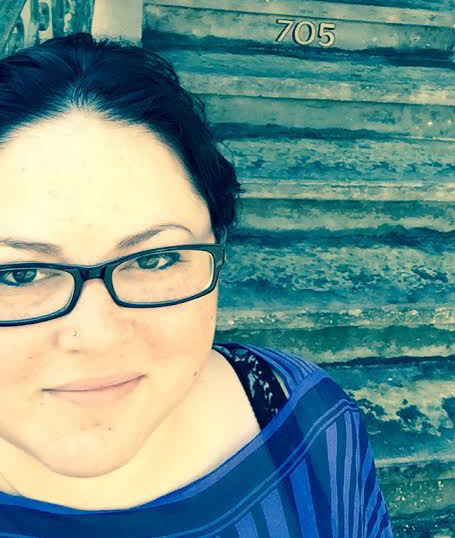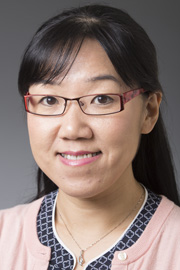Alumni Q&A: Former UR Pathology Resident, Keith Krabill, MD
Hometown: Uniontown, OH. Now lives in Buffalo, NY.
Family: Wife, Bonnie McMichael, and three daughters, Lorna (20), Rebecca (18) and Kathryn (15)
Pathology Residency at URMC: 1991-1995
Education: Completed a six-year BS/MD program at Kent State University and Northeast Ohio Medical University. He then spent two years doing antiviral research.
Current Role: Laboratory Director at the Women and Children's Hospital of Buffalo, Laboratory Director at the Center for Laboratory Medicine in Williamsville, and Director of the Transfusion Service at Kaleida Health. He is also a Clinical Assistant Professor in the Department of Pathology and Anatomical Sciences at the University at Buffalo Jacobs School of Medicine and Biomedical Sciences.
What first inspired you to get into pathology?
My medical school had three pathologists that were role models and teachers (Ray Clarke, Howard Igel and Robert Novak). They were able to show how the pathology department made a difference to all clinicians and patients, and I could see that they practiced pathology in a way that crossed between different medical specialties.
How would you describe your job to someone who’s never heard of it before?
If a clinician has a question that can be answered with a test, my job is to make that diagnosis or arrange for it to get done. I am often presented with troubleshooting missions – things that went wrong in testing or workflow. I think I do this well, but those projects are challenging because I need to understand what was supposed to happen, what appears to have gone wrong, and how to quickly investigate to confirm and correct the problem.
What does your daily work consist of?
I get to practice both anatomic and clinical pathology across four hospitals in the Buffalo area. Over time, I have had responsibilities and leadership roles at all of them. I got my job originally because I was willing to cover the transfusion service as well as general anatomic pathology. Over time, I’ve been given opportunities to practice Clinical Chemistry, Microbiology and Medical Informatics. The training I had in residency prepared me to help my partners cover areas that they weren’t as comfortable with, so I see something interesting every day.
What advice would you give to pathology residents?
Spend time getting to know your fellow residents. The time you spend helping each other makes the residency more pleasant and the studying easier. In the longer term, your fellow residents will become a network of friends and references. A senior resident linked me to the job I have today, and his guidance on what to expect as a junior attending helped me avoid early problems.
How do you like to spend your free time? Do you have any hobbies or interests?
My children are convinced that I spend my free time deleting spam. When it’s quiet, I spend my free time reading (mystery and science fiction) and running (distance running, but slow).
Bethany Bushen | 6/19/2017




